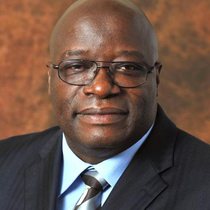Dr Norman Mabasa was born on 20 January 1960 to Hlekulani Dorah and Amos Mabasa. His early schooling began at Ha Makhuvha Primary, and in 1972, when his family moved from Matatshe to Nthlaveni, he continued at Ha Makahlule Primary School. From there he advanced to Nthlaveni Secondary School, where he studied up to Form 3 before completing his matric at the prestigious Shingwedzi High School in Malamulele in 1980. It was at Nthlaveni and Shingwedzi that his love for music first blossomed. He sang in the school gospel choir and developed a keen interest in musical instruments, often spending hours with a guitar or organ.
After high school, he enrolled for a pre-medical BSc at the University of the North (Turfloop) before joining the Medical University of South Africa (MEDUNSA). At MEDUNSA he forged lifelong friendships with Prof Nethononda, Dr Rambau and Dr Masenya, men he would affectionately call his brothers in medicine. He was deeply active in the Christian Fellowship movement and equally committed to political activism through the Azanian Students’ Organisation (AZASO).
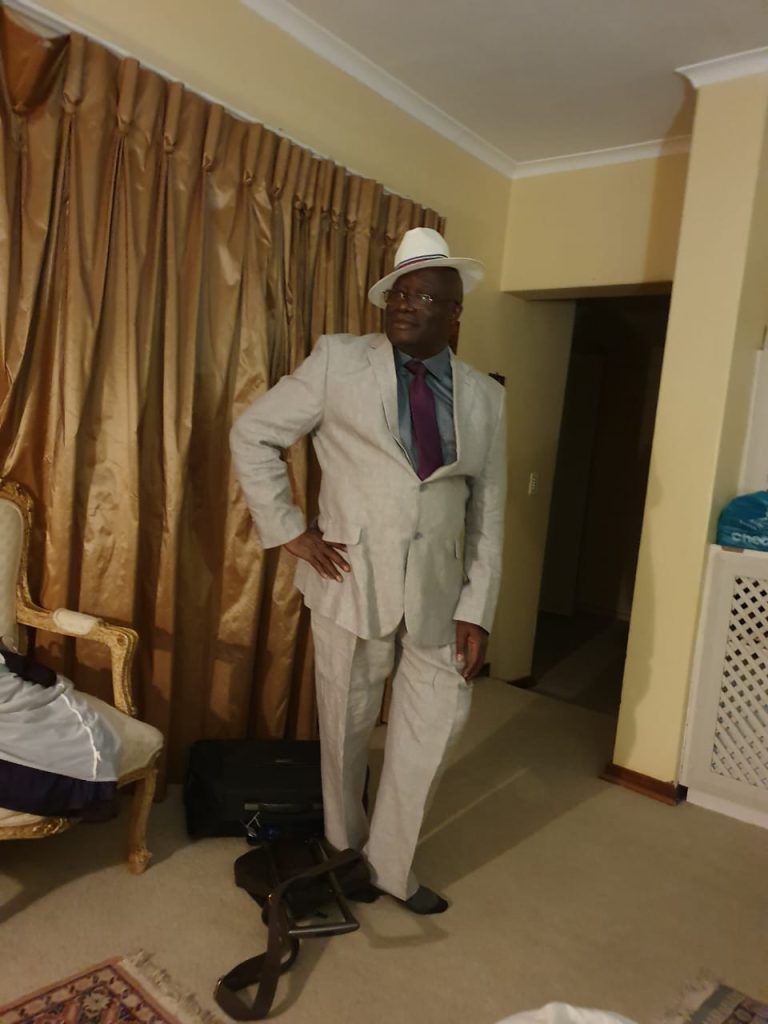
His leadership qualities shone when he was elected to the Students’ Representative Council (SRC) and later became Chairperson of the Medical Student Council. In this role he tirelessly defended students who had been unfairly treated or excluded by the university administration.
Norman was admired for his bravery, intellect, and ability to think on his feet. He was a commanding speaker at mass meetings, able to cut through impasses with clarity and a way forward, earning him both the love of fellow students and the reluctant respect of the administration. Even the most conservative of professors — such as Professor Le Roux of Anatomy and Professor Van Wyk of General Surgery, feared by most students — came to respect Norman’s fearless integrity.
His leisure hours at university were filled with music, faith, and friendship. He loved gospel music, enjoyed playing instruments, and carried with him a deep sense of purpose. At the end of 1988, he graduated as a medical doctor, a milestone that was as much a triumph of his personal resilience as it was of his intellectual brilliance. He completed his internship in 1989 at the then Ga-Rankuwa Hospital, today Dr George Mukhari Academic Hospital.
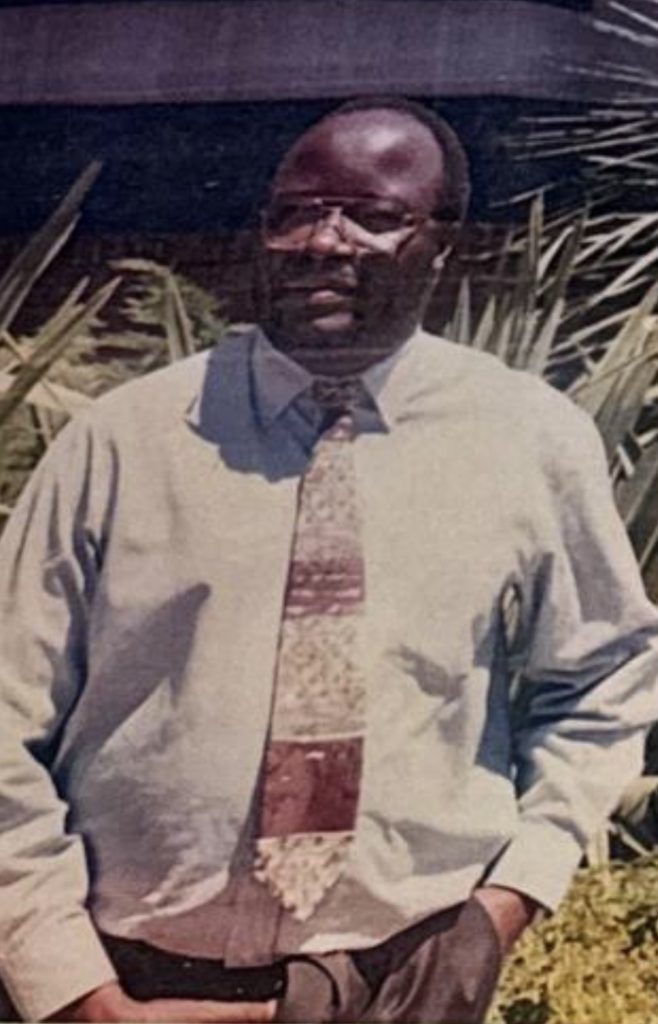
After qualifying, he sharpened his skills by working with Dr Khosa and later in Dr Maseko’s practice in Nigel, before joining Dr Khoza’s group practice as a general practitioner in 2000. Two years later, he established his own practice in Kagiso, where he became a household name. For more than two decades, his surgery was a trusted place of healing, and he became known as much for his compassion as for his clinical acumen. Patients in Kagiso still speak of him as a doctor who not only healed bodies but restored dignity. He ran his practice successfully until 2023, when his health declined after being diagnosed with cancer.
But Norman’s vision and commitment extended far beyond his surgery walls. A lifelong activist, he was a member of the South African Medical and Dental Practitioners (SAMDP) and went on to chair the National Convention on Dispensing (NCD). His advocacy for the right of general practitioners to dispense medicines was fierce, and he became a key defender of the profession at a time when medical aid schemes and regulatory authorities often discriminated against practitioners, particularly black doctors. He fought against the blacklisting of doctors by medical aids and the harsh disciplinary actions of the Health Professions Council of South Africa (HPCSA), which at times unfairly penalised or deregistered medical professionals.
In the late 1990s, he played a pivotal role in unifying the fragmented medical landscape by helping merge apartheid-era organisations such as MASA, NAMDA, and SAMDP into the democratic South African Medical Association (SAMA). His leadership qualities soon saw him rise to become chairperson of SAMA in 2009, and at one point he served as its acting CEO. His tenure was marked by his ability to bring people together, to listen, and to lead with conviction. Colleagues often said that Norman had a rare gift: the ability to unify across divisions and engender trust.
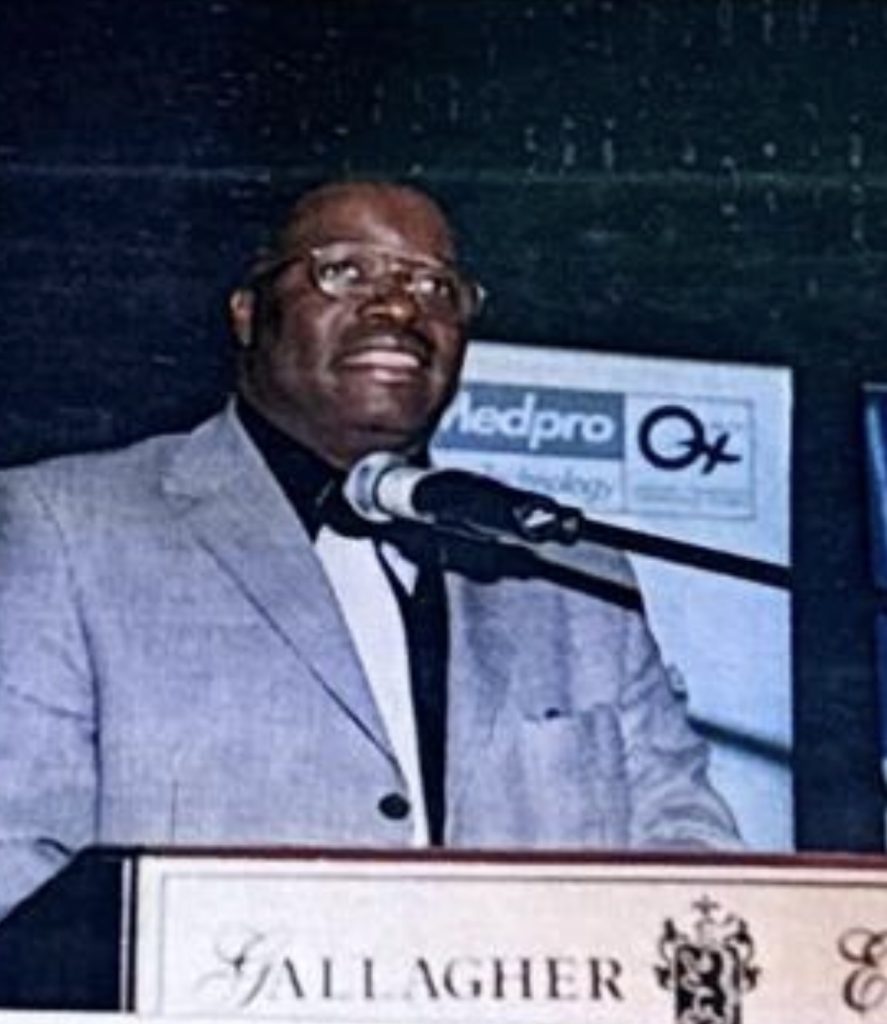
In 2012, Dr Mabasa took a bold step into public service, resigning his role at SAMA to accept appointment as Member of the Executive Council (MEC) for Health and Social Development in Limpopo. The department he inherited was in crisis: it was under administration, burdened by a R2 billion debt, and mired in allegations of mismanagement.
But Norman approached the task with courage and determination. He delivered his first budget speech with clarity and precision, diagnosing the fiscal crisis as largely the result of overspending on the Occupation Specific Dispensation (OSD) for health workers rather than fraud. He pledged to identify mismanagement where it existed and deal with it decisively. Importantly, he also highlighted the department’s successes, including Limpopo’s leadership in immunisation programmes and the rollout of antiretroviral treatment.
“No doctor wants to claim victory on a healthy patient,” he once said. “Refusing the appointment would be like avoiding responsibility for change. I am here to re-engineer the department of health. I am addicted to service of the national interest.” His time as MEC was relatively short, from 2012 to 2013, but it left a legacy of integrity, openness, and principled leadership in a time of turbulence.
Throughout his life, Norman combined medicine, activism, and leadership in a way that was uniquely his own. He stood for justice, fairness, and inclusion — whether fighting for students at MEDUNSA, for practitioners in the healthcare system, or for the people of Limpopo in government. He opposed the proposed National Health Insurance in its then format because he believed it would not serve the interests of ordinary South Africans. He remained a consistent voice for reform rooted in both practicality and fairness.
Beyond the public stage, Norman was a devoted family man. He married Meriam Thandi Maseko Mabasa, and together they raised six children and welcomed a granddaughter. At home, he was remembered as strict but fair, a man with a sharp sense of humour, and a loving father who balanced discipline with laughter. His passion for music never left him; from gospel to jazz, classical to pop, music was a thread that nourished his soul throughout his life.
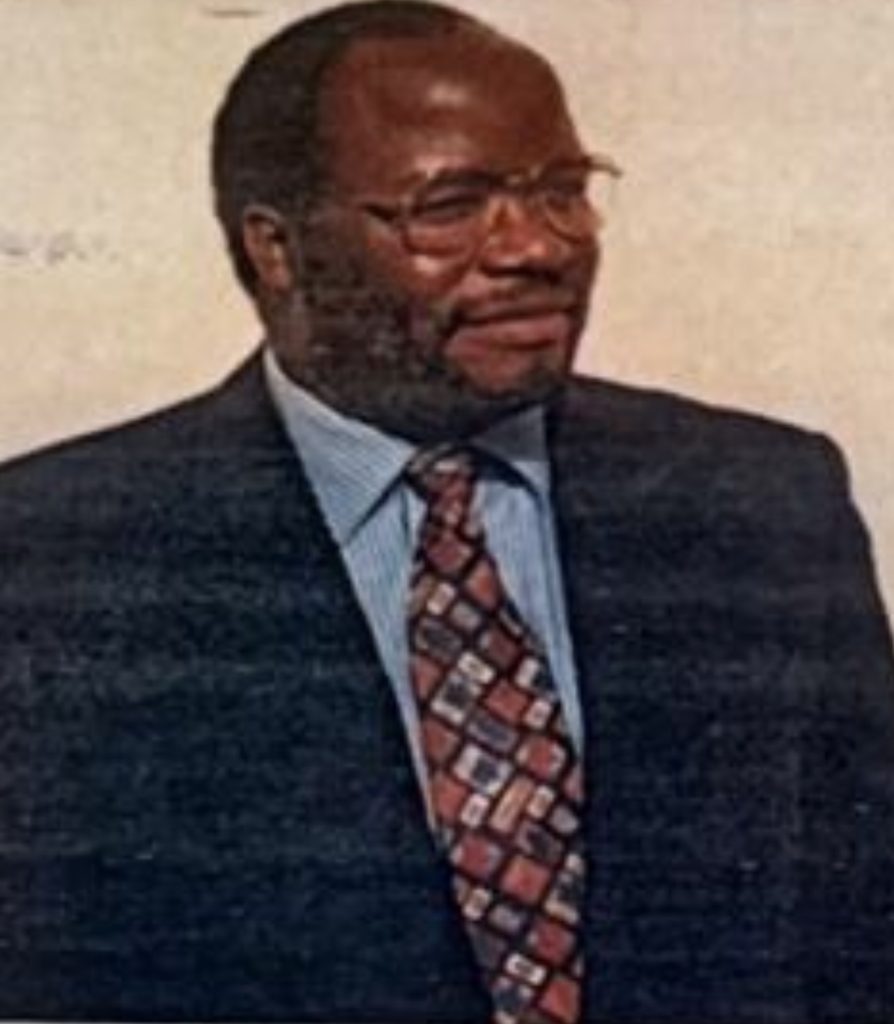
Dr Norman Mabasa passed away on 19 September 2025, after a long illness, a day before his 65th birthday. His passing leaves a deep void in his family, his community, and the broader medical fraternity. He will be remembered as a healer who remained close to his patients, a leader who united a divided profession, a public servant who faced crisis with honesty, and a father and husband whose love and guidance shaped lives.
His life was a testimony to resilience, courage, and service. As one colleague fittingly said: “We lost a good one.”
May his soul rest in eternal peace, and may his legacy continue to inspire generations of doctors, activists, and leaders to serve with the same integrity and compassion that defined his journey.
*** Dr Mabasa’s remains were interred on 27 September 2025 in Block H, Ntlhaveni; Thulamela Local Municipality, Vhembe District Municipality, LIMPOPO ***

